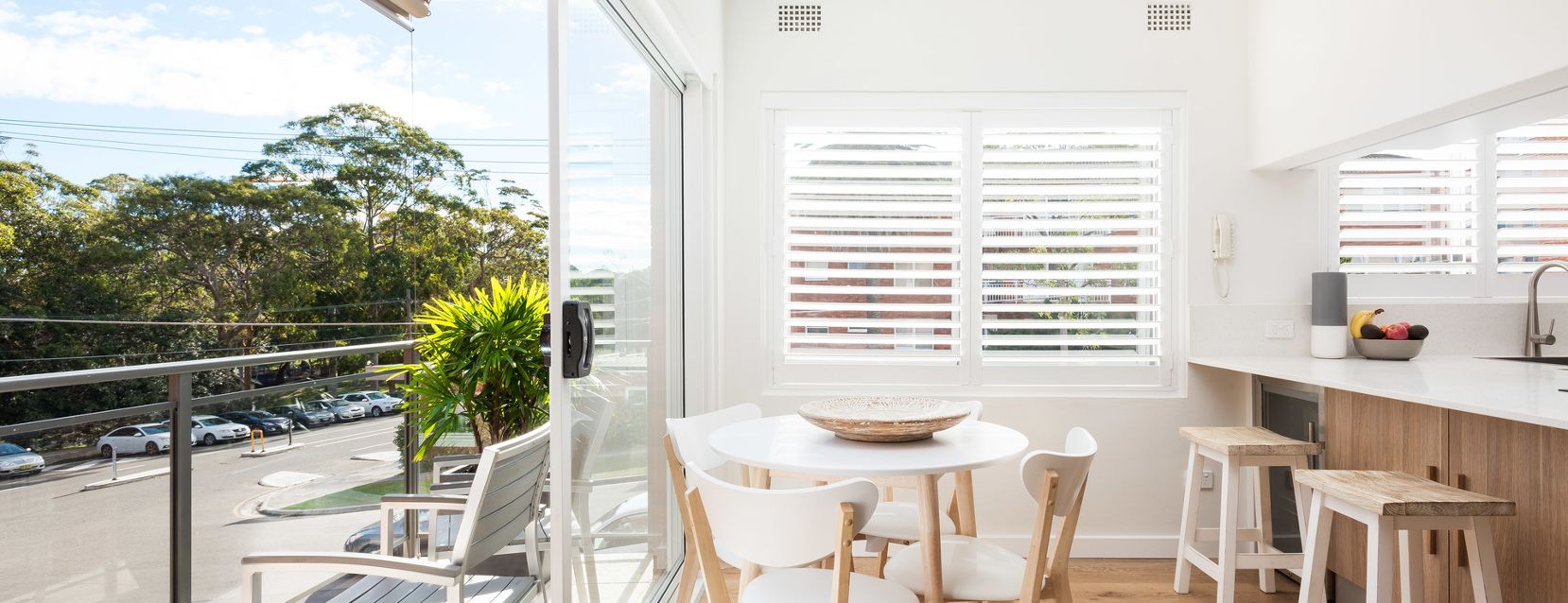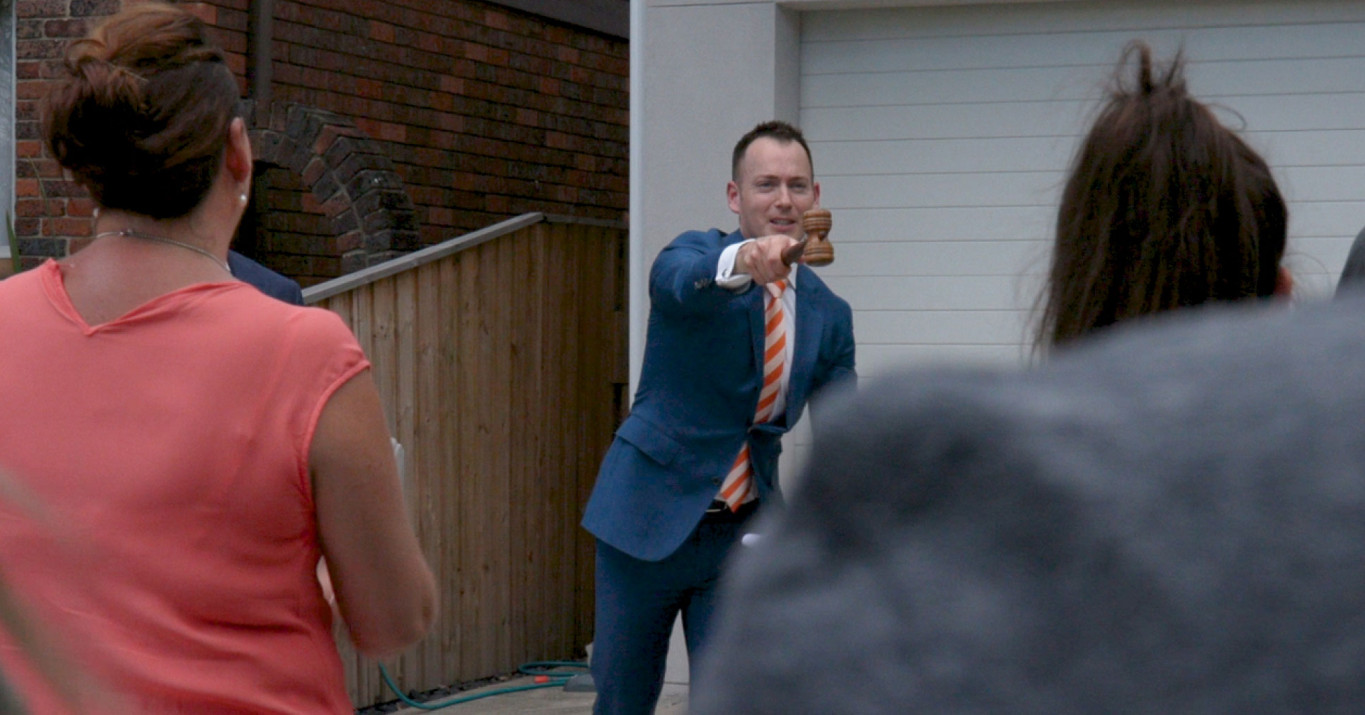Are you in the market to buy property in 2021?
Below are our top tips and recommendations on the key things you should be aware of when it comes to purchasing property this year.
First home buyer incentives
If this is your first-time purchasing property, it is definitely in your best interest to look into and understand the various government grants and schemes available. The first home loan deposit scheme allows eligible first home buyers the ability to purchase a property with as little as a 5% deposit without having to take out lenders mortgage insurance (LMI). This can be a big saving and assistance for those with less upfront savings. Another government incentive, the first home buyers’ assistant scheme which is in place till the 31st of July this year, negates buyers from paying any stamp duty on new properties valued less than $800,000 and existing homes less than $650,000. For existing homes valued between $650,000 and $800,000 and new home valued between $800,000 and $1,000,000, first home buyers can apply for a concessional transfer duty rate.
For a full run down of the incentives currently available in NSW click here.
Stamp Duty Reforms
Currently when purchasing a property, you are required to pay an upfront amount of stamp duty (transfer duty) of which the amount is calculated based on the value of the land and property at the time of sale.
The NSW government is currently looking at making changes to stamp duty and giving buyers the option of paying either an upfront lump sum as currently is the case, or alternatively a smaller tax billed yearly for as long as they own the property. Whilst these changes wouldn’t come into effect until later this year, there are conflicting views on the proposed change and the implications it will have. A full analysis of the new tax proposal can be found here and as more details come to light, we will be sure to keep you up to date.
Lower than average stock levels
Over the course of 2020 there was a progressive decline in the number of properties available on market. This trend has continued into the start of 2021 with the total number of properties for sale on the open market circa 550-600, which is less than half the number typically available in a normal local market. COVID-19 has changed the way we live and in turn has led to more people choosing to remain in their homes longer.
With low interest rates spurring buyers and lower than average stock levels, it will pay to be decisive when it comes to competing for available properties. Ensuring you have done your research and have pre-approval, if required, will enable you to put your best foot forward and make strong offers on any properties of interest. Being indecisive and ill prepared is unlikely to fare well in the current market.
Off-market properties
An increasing number of sellers are opting to list their properties ‘off-market,’ instead leveraging their real estate agent/agency’s database of contacts to sell their property. This method has gained popularity as it often means lower marketing fees, additional flexibility and reduced stress that often comes with open homes and auction days. It also means that the agent can target buyers they think would be specifically suited to the property in question.
For buyers this means gone are the days of only trawling the internet and local property brochures for available properties on market. As a buyer you need to be talking to local agents in the area you are looking to purchase in so that you are aware of all the properties available, not just the ones that may be listed on realestate.com.au or domain.com.au. If you aren’t engaging with local agents and agencies you could well be missing out on your dream property. In 2020 our team sold approximately 20% of properties off market.
Tips for bidding at auction
When it comes to auctions and bidding, below are some helpful tips to be mindful of when the property you’re interested in is set to go under the hammer.
- Be flexible with the price while also bearing in mind your maximum budget. One tactic that can sometimes slow the pace of an auction is to place smaller incremental bids, as most people will generally bid in increments of $5K or $10K. For example, if you have a budget of $950,000 but you know you can stretch to a maximum of $960,000 placing bids at $953K or $956K may help to slow the auction down.
- Making quick counter bids can in some instances discourage the opposition. It may give the idea that you have a larger budget even if this might not be the case. When you bid quickly and without hesitation, other bidders may feel that the property is no longer within their reach and potentially drop out of the bidding race.
- If auctions are something that intimidate you or you don’t feel confident under pressure, it might be better to get a third party to bid on your behalf, whether it be a friend, family member or professional.
Moving forward
When it comes to buying it is good to be well researched on government regulations and proposed changes as well as the local area you are looking to purchase in. From available properties to current sale prices, the more knowledge and understanding you have, the easier it will be to navigate the current market when purchasing the perfect property.
If you would like to find out more or get more of an idea on what is available in the local market, feel free to contact our team today. We would be more than happy to assist you with your enquiries and property goals.



